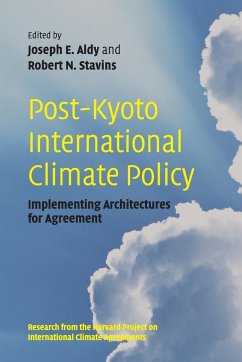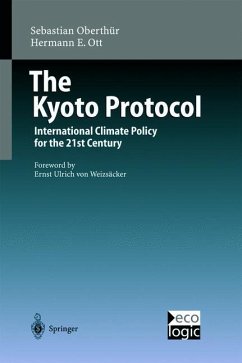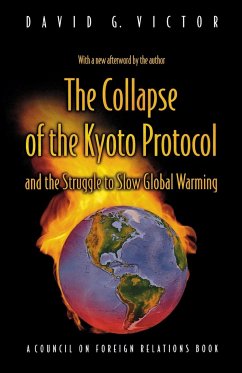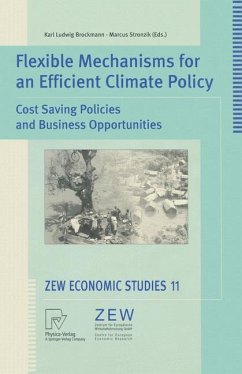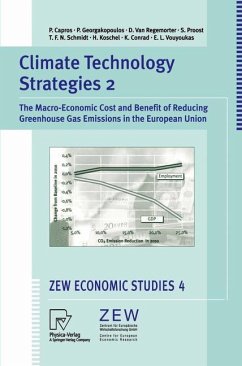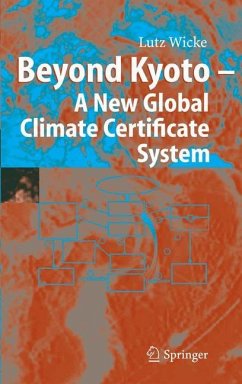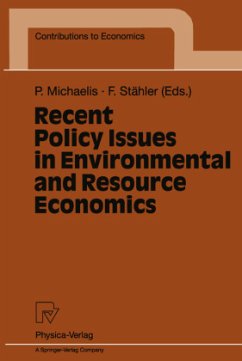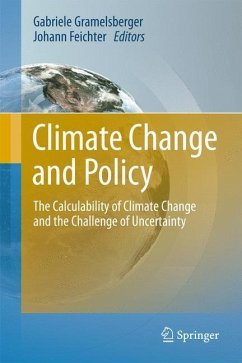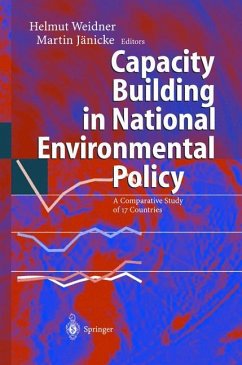
Post-Kyoto International Climate Policy

PAYBACK Punkte
22 °P sammeln!
The Harvard Project on International Climate Agreements seeks to identify key design elements of a scientifically sound, economically rational, and politically pragmatic post-2012 international policy architecture for global climate change. It draws upon leading thinkers from academia, private industry, government, and non-governmental organizations from around the world to construct a small set of promising policy frameworks and then disseminate and discuss the design elements and frameworks with decision-makers. The Project is directed by Robert N. Stavins, Albert Pratt Professor of Business...
The Harvard Project on International Climate Agreements seeks to identify key design elements of a scientifically sound, economically rational, and politically pragmatic post-2012 international policy architecture for global climate change. It draws upon leading thinkers from academia, private industry, government, and non-governmental organizations from around the world to construct a small set of promising policy frameworks and then disseminate and discuss the design elements and frameworks with decision-makers. The Project is directed by Robert N. Stavins, Albert Pratt Professor of Business and Government, John F. Kennedy School of Government, Harvard University. For more information, see the Project's website: http://belfercenter.ksg.harvard.edu/climate





